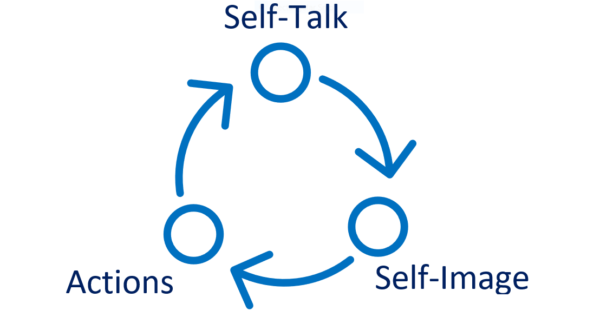Studying for IT classes or certification exams can be a daunting task. It’s not uncommon to feel overwhelmed when studying for IT certification exams. Everyone has different learning styles – it’s all about finding study methods and strategies that work for you.
1. Visualize it – make a mind map
Show what you know by mapping it out. Making a mind map is a great alternative to traditional note taking. Simply start with the main topic and branch out from there. This is a great strategy for visual learners as it allows you to see the concepts you know and how they relate to each other. I’d highly recommend The Brain for creating for creating mind maps. It’s a great free tool that allows you map out your ideas, make connections and add additional notes, images, and links to websites.
2. Sharpen your Reading Skills - Retain more information
Improve your reading speed and comprehension. Many certification exams are information heavy – there’s a lot of content and a lot of reading. Improving your reading speed and comprehension will help you take in more information. There are speed reading tools such as SwiftRead and AceRead. SwiftRead is a free tool, you can upload documents and choose your settings for reading. AceRead is another great tool; it’s not free but it is a great investment especially if you are looking to improve reading speed and comprehension.
Audio books or watching videos are also great alternatives, especially if your always on the go or simply don’t have the time to read.
3. Repetition - flashcards
Flashcards may not be the most innovative approach, but it is a tried-and-true method. There’s often a lot of vocabulary, abbreviations, and acronyms to memorize. You can create your own flash cards on paper or utilize one of the many tools from creating them. There are several apps like Anki that allow you to create your own flashcard decks that can be accessed from your computer or phone. Many certification exam study guides also include digital flashcards.
4. Stay Positive

What you think and the way you talk to yourself can have a huge impact on your actions and performance. For example, if you’re constantly saying to yourself, “There’s no way I can pass this this test, I’m going to fail,” odds are you’re not going to do well. Similarly, if you tell yourself you’re terrible at studying, it’s unlikely that you’ll even attempt to study. Staying positive and visualizing the outcome you want to achieve is critical.
Recommended reading: Can’t Hurt Me: Master Your Mind and Defy the Odds by David Goggins




